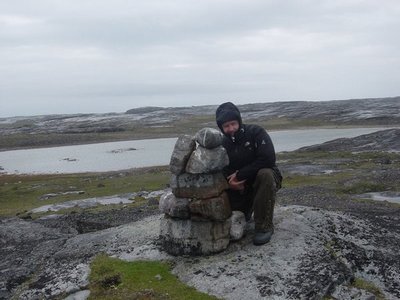October 7, 2010
New grants keep UW at top of schools receiving Title VI funding
Grants totaling $17.2 million will fund all eight Title VI National Resource centers in the Jackson School of International Studies for another four years. The money comes from the U.S. Department of Education, which in May also awarded $1.57 million to the Foster School of Business to continue its Global Business Center.
According to Resat Kasaba, who became director of the Jackson School in August, the National Resource awards put the UW ahead of 43 other institutions in number of centers per school. The UW is tied with the University of Wisconsin in number of centers, and is second only to that school in dollar amount awarded.
Title VI money supports learning of foreign languages and international affairs. As many as 500 graduate and undergraduate students will receive full scholarships to study a foreign language.
Tim Pasch, who obtained a doctorate at the UW and is now an assistant professor of communication at the University of North Dakota, had a Title VI fellowship to study the language and culture of the Inuit people of northern Quebec. “My academic program has been enriched beyond my expectations,” he said.
Other uses for the funds include public lectures, seminars for K-12 teachers and specialized courses.
The two oldest Jackson School centers — the East Asia Center and the Ellison Center for Russian, East European and Central Asian Studies — are each 100 years old. The newest one, the Center for West European Studies, was founded in 1994. Other centers are Canadian Studies, Global Studies, Middle East, South Asia and Southeast Asia.
“The UW’s success in this round of Title VI competition is testament to the University’s deep expertise and leading national and international role in global studies,” said Steve Hanson, vice provost for global affairs.
The Global Business Center, one of 33 federally funded centers at business schools around the country, makes possible such things as MBA study tours, exchange programs and the Certificate of International Studies in Business.
The new money from the Department of Education will also help fund 32 new Business Center initiatives particularly important to the Pacific Northwest. They include a workshop for small and medium-size companies on doing business in China and a series of conferences on energy-based economies.
About 30 percent of Foster School undergraduates study abroad each year. The center aims to increase the number to 50 percent by 2014.
“Global Business education is critical to the future success of our students and to U.S. competitiveness,” said James Jiambalvo, dean of the Foster School.

